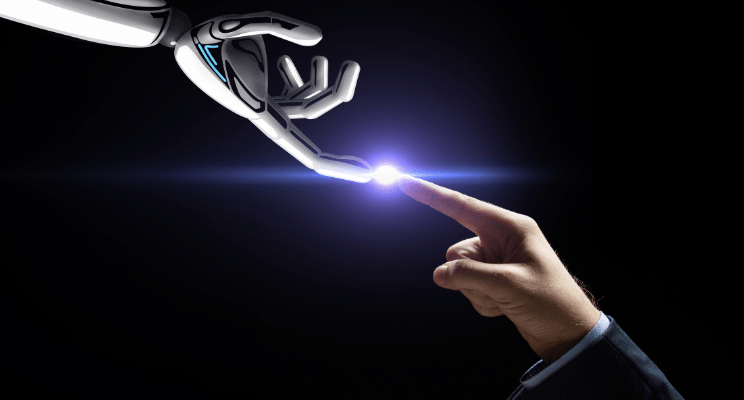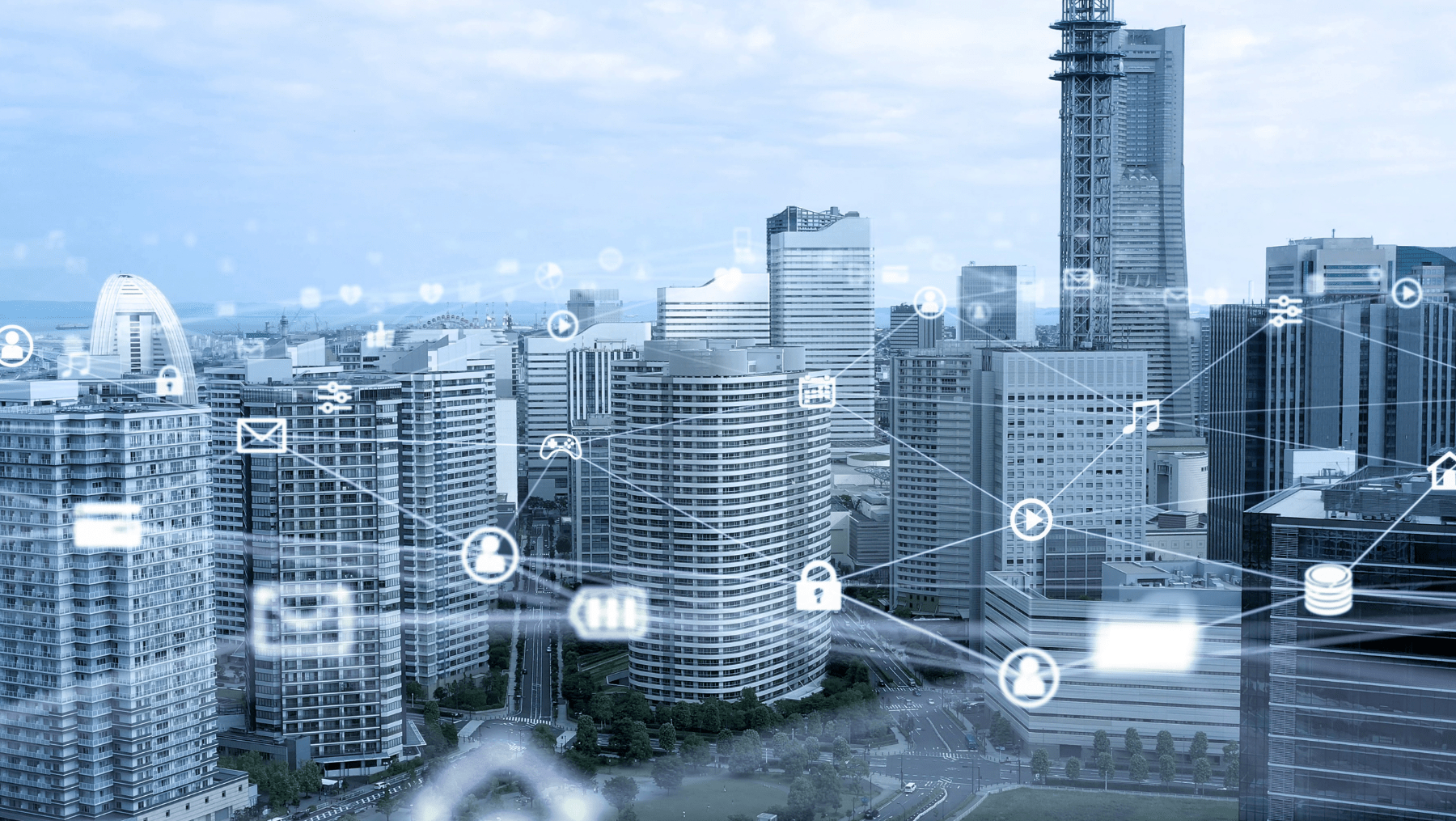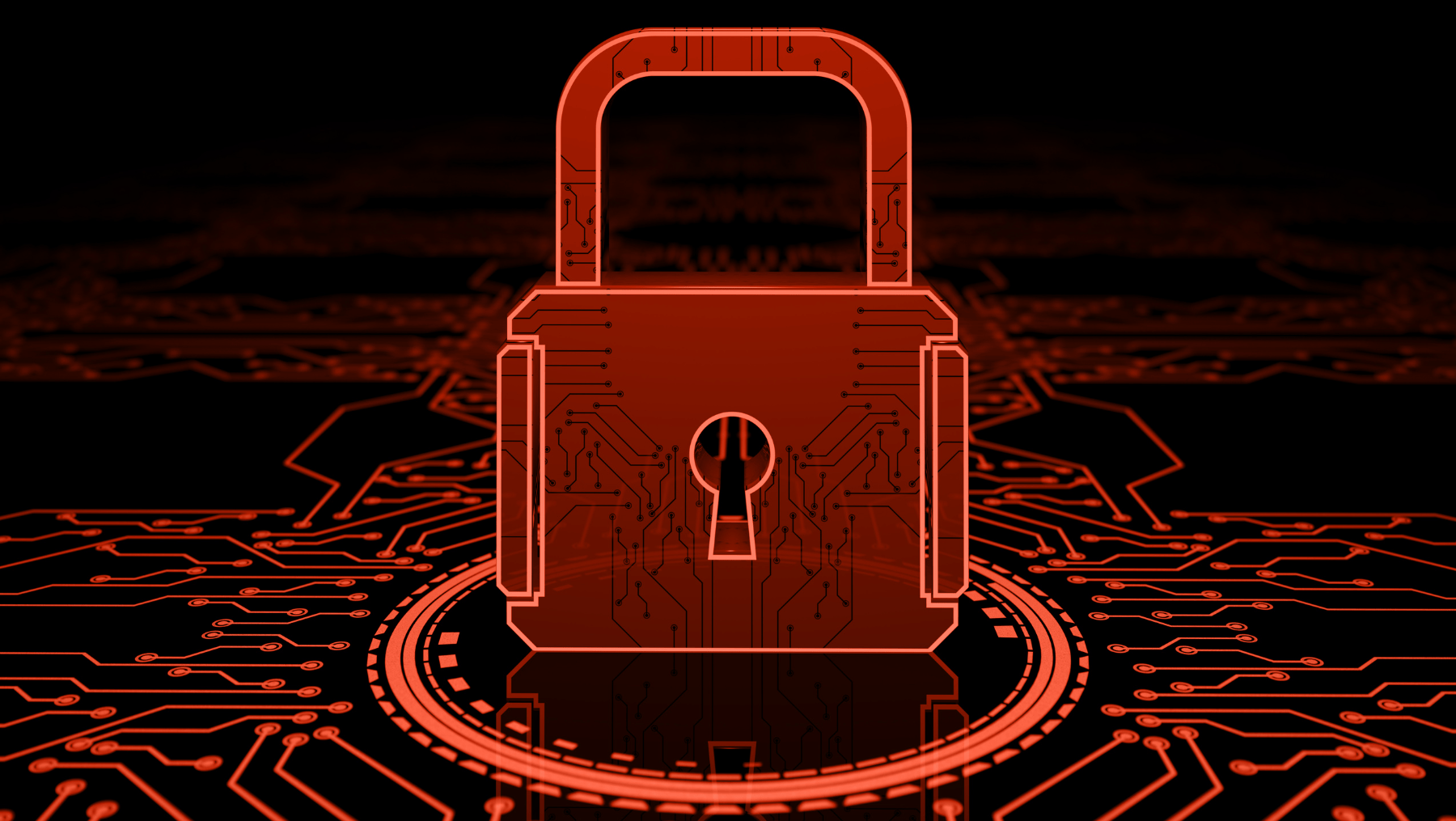With AI taking the digital landscape by storm, we thought it would be worth looking at what the tech industry believes the state of Artificial Intelligence will be like in the year 2030.
We will attempt through this blog to predict the AI market in the next six years (but the predictions could come as early as 2025), and the trends that are likely to be seen in this period.
The information in this blog was taken using a story from Forbes. You can read the full story here.
Take a look at our AI Predictions for 2030 below:
1) Intel will dominate the AI chip market in 2030
The race to design microchips has never been so fierce with companies such as Nvidia, AMD, Qualcomm, Broadcom, Alphabet, Microsoft, Amazon, Tesla, Cerebras, SambaNova and Groq designing their own chips.
However, there is a problem.
According to Forbes, “none of these companies build their own chips.
“Instead, they design chips and then they rely on other companies—most importantly, the Taiwan Semiconductor Manufacturing Company (TSMC)—to produce those chips for them.”
In contrast, Intel owns its chip fabrication facilities which means it does not rely on imports and controls its manufacturing. This will give Intel an advantage over its competitors.
2) AI will be present in everyday life
You might not want to admit it, but Artificial Intelligence is here to stay.
AI already has a strong presence in the workplace, but it won’t stop there. It will also be present in our personal life as well.
Forbes predicts that “we will use AIs as our personal assistants, our tutors, our career counsellors, our therapists, our accountants, our lawyers.
“And yes—by 2030, it will be commonplace for humans to have AIs as significant others.”
There will be inevitable resistance but like everything that has come before it, people will start to question how they lived without artificial intelligence.
3) In 2030, humanoid robots will be commonplace
Humanoid robots are not confined to just science fiction anymore, but will be commonplace and powered by AI.
Robots are already present in everyday life, but they are usually designed without resembling humans.
As chatbots learn to use language models, this learning will be applied to robots we interact with in the future.
This is “why the opportunity for humanoid robots is so vast. Bringing cutting-edge AI into the real world is the next great frontier for artificial intelligence.”, a reporter from Forbes comments.
As technology becomes more sophisticated, we will likely see human-like robots interact with us in the future.
4) Chatbots will replace customer service agents
Traditionally, we have used customer service agents to help us book things such as plane tickets or holidays.
However, with the rise of chatbots, companies are moving away from a contact centre led by people to a more chatbot-reliant customer service base.
“By 2030, AI will be unfathomably more powerful than humans in ways that will transform our world. It will also continue to lag human capabilities in other ways. If artificial intelligence can, say, understand and explain every detail of human biology down to the atomic level, who cares if it is “general” in the sense of matching human capabilities across the board?”, Forbes writes.
As a result, fewer people are needed in the customer service industry.
There are downsides to this as there will always be a need for a person to answer questions that a machine cannot, but as machine learning develops, AI will improve its accuracy.
5) AI to replace jobs in every industry
This issue is the talking point of most Artificial Intelligence conversations.
It is even being discussed in Governments around the world.
This fear is not a new thing. In the Industrial Revolution, many manual jobs were replaced by the invention of the steam engine.
With the potential loss of jobs comes opportunity and if we embrace the change, it will create a brighter future for humanity.
If you want to learn more about how AI can help your business, visit our dedicated AI web page here
In recent years, many CEOs have found themselves operating in survival mode. Economic uncertainty, rapid technological change, talent challenges and shifting customer expectations have created a
Cybersecurity is no longer just an IT issue, in 2026, it’s a core business risk. For UK organisations of all sizes, cyber threats have become more frequent, more
Artificial Intelligence has rapidly moved from being a futuristic concept to becoming one of the most influential forces shaping modern business. Almost every sector is now
Winning more business is no longer just about a better pitch. It is about how easy you are to work with, how quickly you
Digital transformation has been one of the most overused business terms of the last decade. Yet for all the talk, many organisations still struggle
For many organisations, achieving Cyber Essentials marks a valuable milestone. It protects against the most common cyber threats, reassures clients and insurers, and establishes
The unseen side of the internet Most business leaders are familiar with the internet they use every day: websites, emails, social platforms, and cloud
The IT Gap: When “Good Enough” Isn’t Enough Many small and medium-sized businesses rely on traditional IT support to keep things running. It’s a
4th Platform Partners with WatchGuard to Deliver FireCloud: Stronger Security, Less Effort Protect every worker, everywhere 4th Platform has partnered with WatchGuard to bring
The recent cloud outage at AWS, which caused downtime, data unavailability and shaken confidence, is a timely wake-up call for organisations of every size.


















